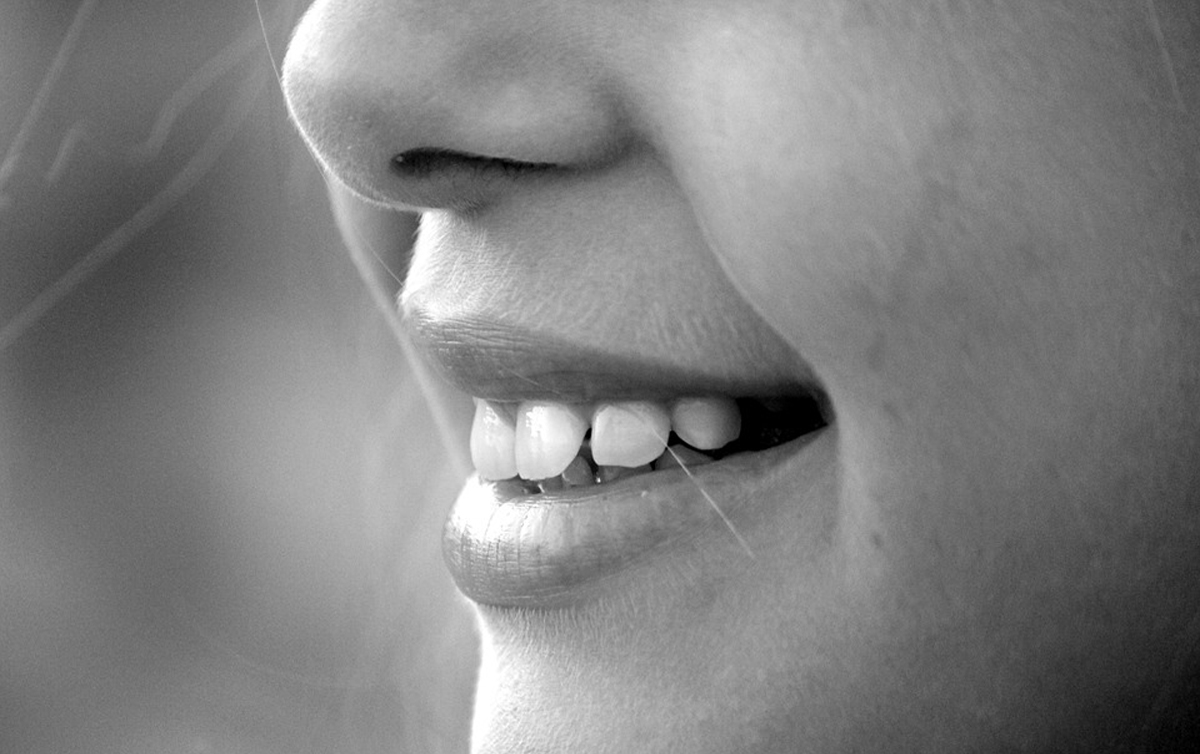
Is holistic dentistry an important movement or a pointless term?
By Jamie Reynolds
One of the latest fads in dentistry is the emergence of “holistic dentistry” or “holistic orthodontics.” There are several myths concerning the relatively new term, and some people have wondered if an entirely new specialty has emerged.
Advertisements from coast to coast are suddenly proclaiming that “holistic dentistry” will provide a much more calm, serene experience than other dental practices. Those who use the term portray themselves as more loving of the environment, less likely to pull a tooth, and more likely look out for the entire body, not just the mouth.
There are several myths concerning the new term “holistic dentistry.” There is certainly room for a little clarity so patients can judge for themselves.
The first problem is that there is no agreement of what the terms “holistic dentistry” or “holistic orthodontics” means. The terms are neither defined nor, more importantly, regulated.
The following myths about holistic dentistry and holistic orthodontics need to be debunked for consumers.
You can be licensed as a holistic dentist or orthodontist
The term “holistic” is not recognized as an official designation by the American Association of Orthodontists or any authoritative body.
Holistic orthodontists treat the whole body
All orthodontists are trained in how the mouth and surrounding anatomy connects to the rest of body. There is no recognized additional training for someone who claims to be a “holistic” dentist or orthodontist.
Holistic dentists or orthodontists are “green”
Some people assume that a holistic orthodontist or dentist will also be the one who cares about the environment more than a regular dentist, but there is no standard definition of what “green” means. If patients are concerned about this issue, they should ask their dentist or orthodontist about it, regardless of whether the term “holistic” is used.
Holistic dentists or orthodontists are less likely to pull a tooth
Most orthodontists consider tooth extractions a last resort. While it used to be quite common for orthodontists to pull teeth so other teeth had more room, advancements in technology have made this a rare occurrence today.
The truth is that anybody can slap the term “holistic” on the front of their practice, and some people may think that means they offer a type of more gentle or sympathetic care. I wouldn’t be surprised to see holistic car dealerships soon. The bottom line is that holistic is a marketing term, not a professional designation.
Dr. Jamie Reynolds is recognized on an annual basis as one of the top orthodontists in metro Detroit. His book, “World Class Smiles Made in Detroit,” puts an emphasis on the many benefits of having a great smile. Reynolds attended the University of Michigan for both his undergraduate education and dental studies and did his orthodontic residency at the University of Detroit-Mercy.
Articles related to “Is holistic dentistry an important movement or a pointless term?”
Seven dental milestones for children that parents need to know
Older Americans who neglect oral care put overall health at risk




Nice post. I learn something more challenging on different blogs everyday. It will always be stimulating to read content from other writers and practice a little something from their store. Id prefer to use some with the content on my blog whether you dont mind. Natually Ill give you a link on your web blog. Thanks for sharing.